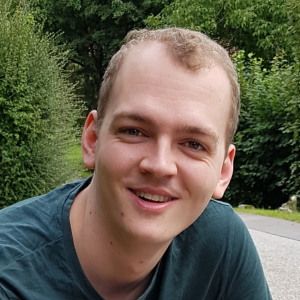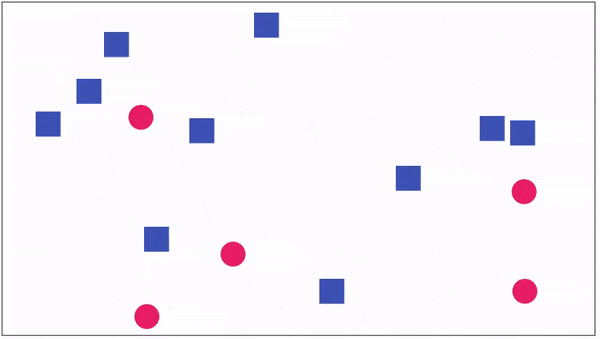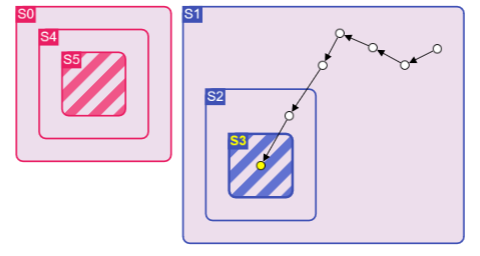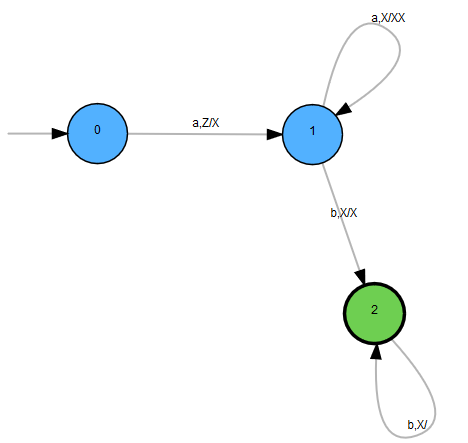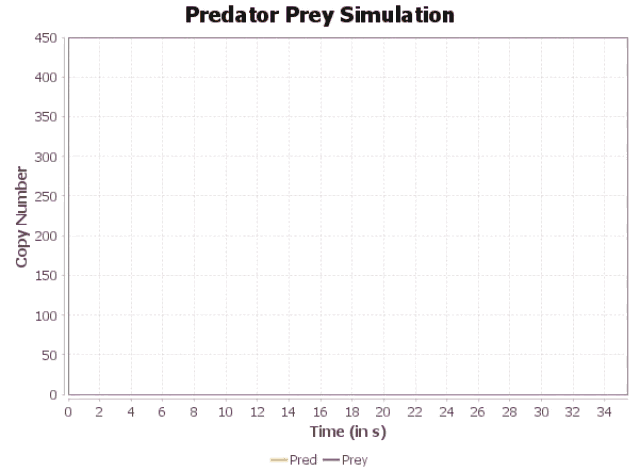
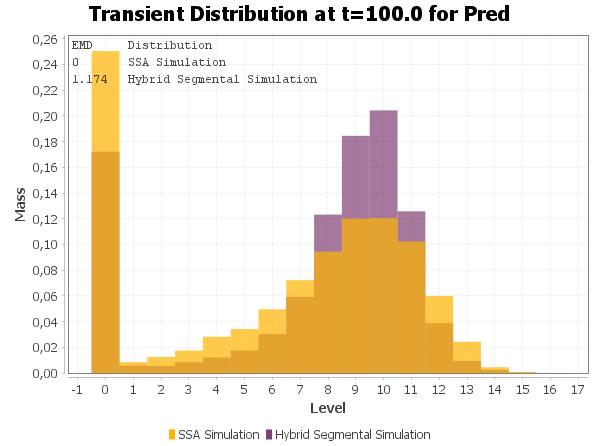
SAQuaiA
SAQuaiA is a tool for Simluation & Abstraction-based Quantitative Analysis of Chemical Reaction Networks (CRNs). The GUI allows to perform simulations and simulation-based transient analysis and the visulazation of their results.
SAQuaiA implements multiple simulation approaches like the slow but accurate Stochastic Simulation Algorithm (SSA) as well as faster approximate simulation techniques. They include the novel abstraction-based segmental simulation approach that uses memoization to reuse short trajectories, called segments, of previous simulations in order to generate new simulations.
